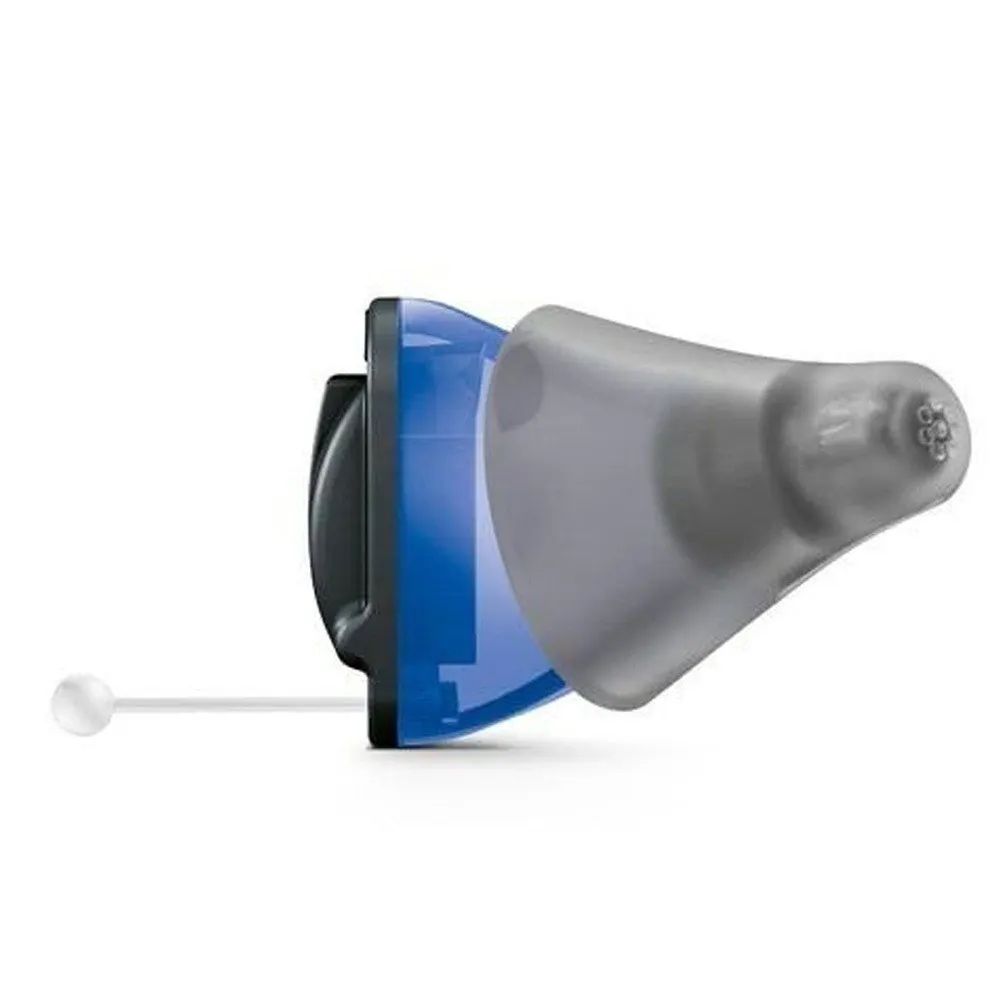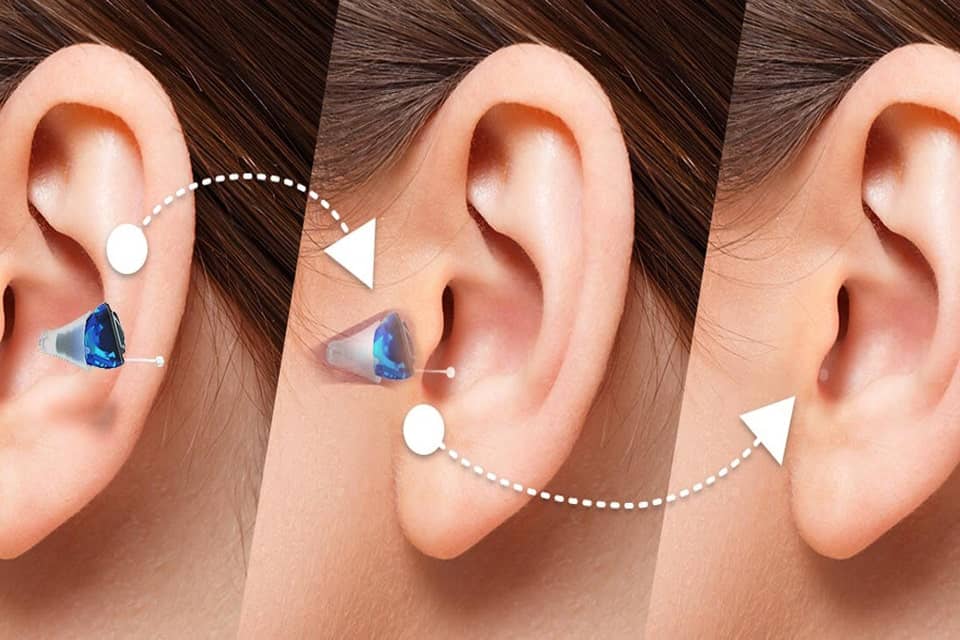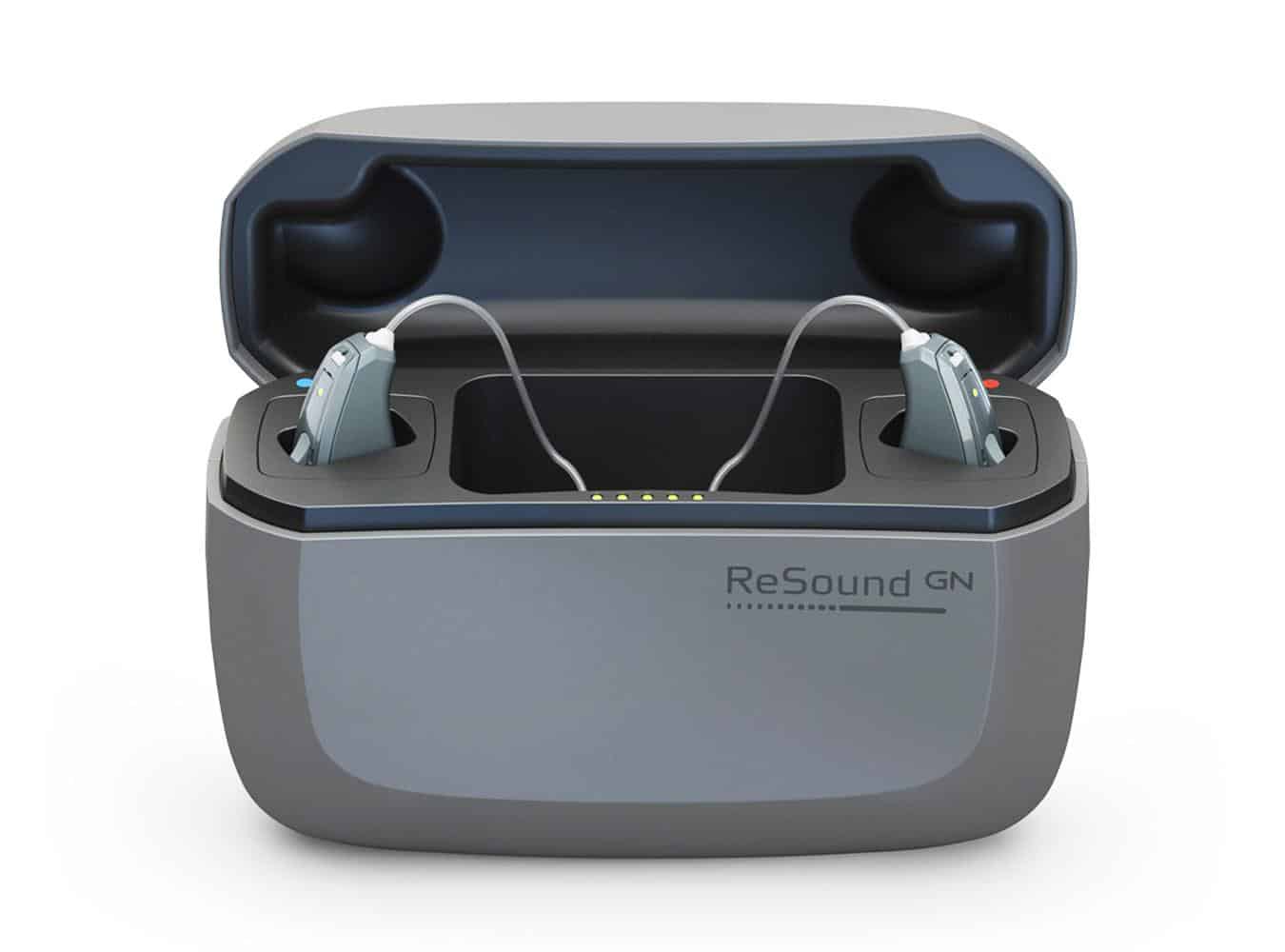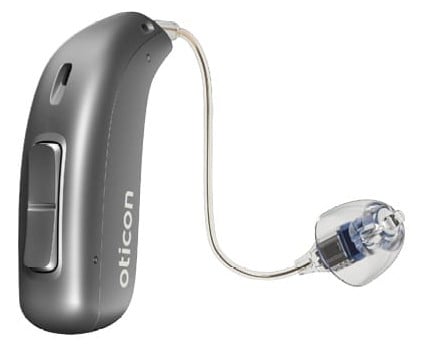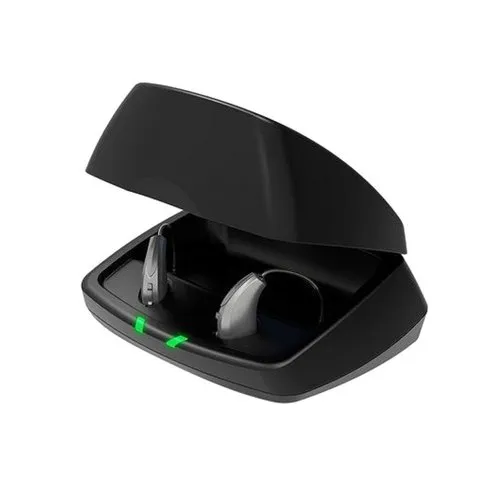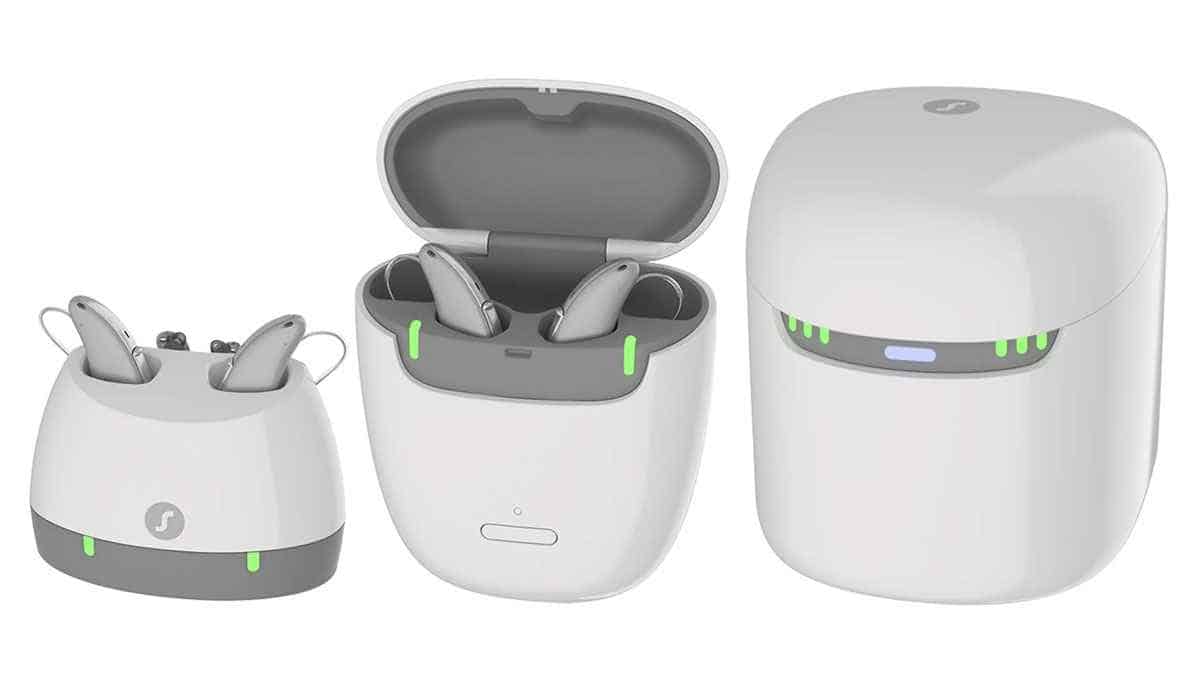Explore Effective Hearing Solutions For The Summer Season! Fill Out The Form Now
Just fill in the form below:
🏥 75+
Clinics
✨15+
Years Experience
👩⚕️100+
Audiologists

Introduction
The summer season has almost arrived, and along with it, the sweltering heat and high humidity levels can bring new challenges for those with tinnitus. If you’ve noticed your tinnitus symptoms worsening in the heat, you don’t need to worry anymore. Hot and humid weather can indeed affect tinnitus, and understanding how these factors impact your hearing health can help you better manage your symptoms and enjoy the summer months to the fullest. We’ll be discussing the effects of hot weather on tinnitus and will also learn how to manage it with the help of hearing aids for tinnitus.
Understanding Tinnitus Triggers
Before we learn about how hot and humid weather affects tinnitus, let’s first understand what triggers this condition. Tinnitus, characterised by ringing or buzzing in the ears, can be triggered by various factors and can occur continuously or intermittently. Exposure to loud noise, such as concerts or workplace noise(mostly outdoor), can be a common trigger. Stress and anxiety can also be a reason for tinnitus symptoms. Recognising these triggers can help you manage your hearing health and reduce the impact of tinnitus on your daily life.
Surprising Effects of Summer Weather on Tinnitus
While many may not associate tinnitus with seasonal changes, hot and humid weather can affect this condition. High humidity levels can lead to a feeling of fullness in the ears, which some individuals find worsens their tinnitus symptoms. Additionally, dehydration, often more common in hot weather, can impact the fluid levels in the inner ear, potentially triggering tinnitus.
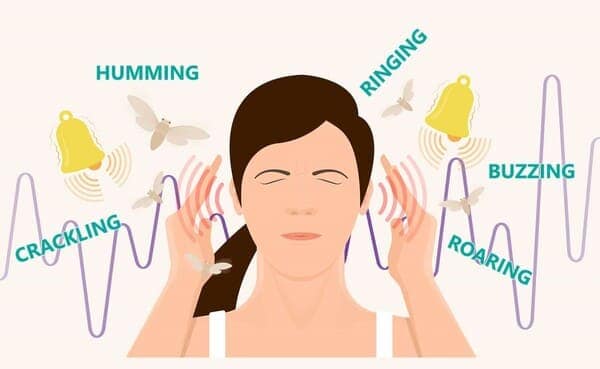
Managing Your Tinnitus Symptoms in Summer
Understanding these effects of summer weather on tinnitus can help you take proactive steps to manage your symptoms. Here are some strategies to consider
- Stay hydrated by drinking plenty of water throughout the day.
- Avoid excessive exposure to loud noise, especially during outdoor activities.
- Use ear protection, such as earplugs, when engaging in activities with loud noise levels.
- Consider using a dehumidifier in your home to reduce humidity levels.
- Seek shade and cool environments to prevent overheating and dehydration.
- Consult with your audiologist for personalized advice on managing your tinnitus symptoms during the summer months.
Hot weather can affect your auditory system in several ways, potentially worsening tinnitus symptoms.
Here are some factors to consider
High humidity levels can lead to a feeling of fullness in the ears, which may worsen tinnitus.
Dehydration, common in hot weather, can impact the fluid levels in the inner ear, potentially exacerbating tinnitus.
Prolonged exposure to heat can cause blood vessels to dilate, potentially increasing tinnitus symptoms.
Understanding the Impact of Weather on Tinnitus
Research has shown that changes in weather, including high humidity levels, can influence tinnitus symptoms. By understanding how hot and humid weather affects your tinnitus, you can take proactive steps to manage your symptoms and enjoy the summer months to the fullest.
Conclusion
While you can’t control the weather, you can control how you manage your tinnitus symptoms. By staying hydrated, avoiding excessive noise exposure, and seeking shade in hot weather, you can help reduce the impact of summer weather on your tinnitus. If you’re experiencing significant discomfort, consult your audiologist for personalized advice and treatment options.
FAQs
Q1: Can hot weather worsen tinnitus symptoms?
Yes, high humidity levels and dehydration can exacerbate tinnitus symptoms.
Q2: How can I manage my tinnitus symptoms in hot weather?
Stay hydrated, avoid loud noise, use ear protection, and consider using a dehumidifier.
Q3: Are there any home remedies for tinnitus?
Home remedies such as using a humidifier, staying hydrated, and avoiding loud noise can help manage tinnitus symptoms.
Q4: When should I see a professional for my tinnitus?
If your tinnitus symptoms are significantly worsening or not improving with home remedies, it’s advisable to consult with an audiologist. You can meet an expert audiologist at the Ear Solutions hearing aid clinic in India. You can book a free appointment through the website- www.earsolutions.in
Q5: What are some common treatments for tinnitus?
Common treatments for tinnitus include hearing aids with masking features, sound machines, and tinnitus retraining therapy (TRT).

Prerna Singh
Audiologist, Ear Solutions
Prerna Singh is an Audiologist at Ear Solutions, focused on delivering compassionate, patient-centric hearing care. She works closely with individuals to understand their hearing concerns and guide them toward practical, technology-driven solutions that improve everyday communication and confidence.
At Ear Solutions, Prerna supports the organization’s long-standing mission of transforming lives through better hearing. She is committed to hearing awareness, accurate assessments, and continuous patient support-ensuring every individual receives the care they need to hear better and live better, in line with the vision of #AbSabSunenge.


